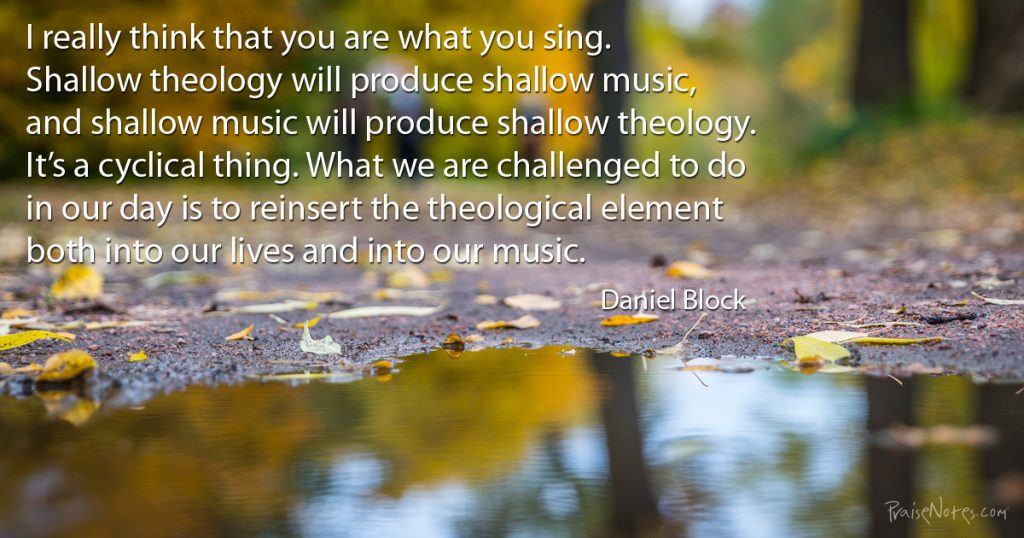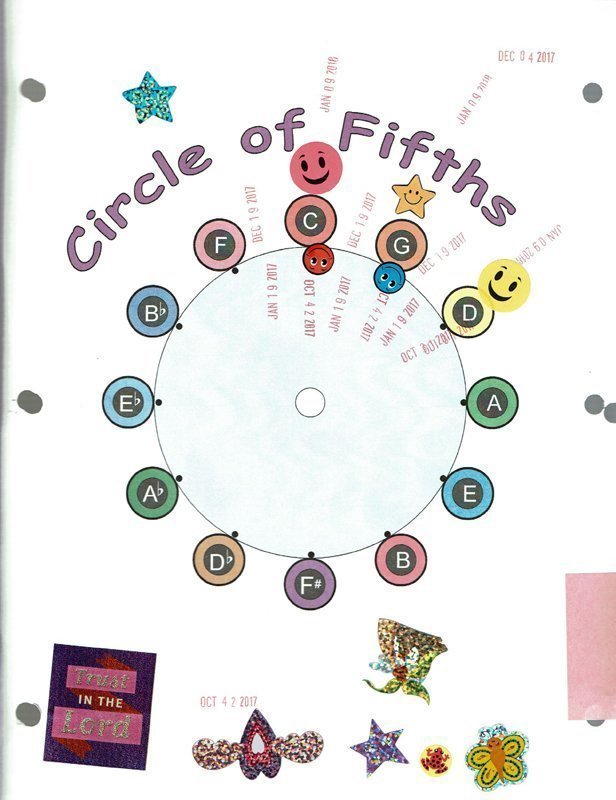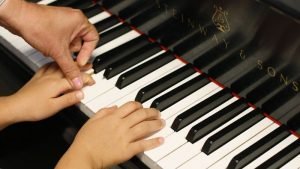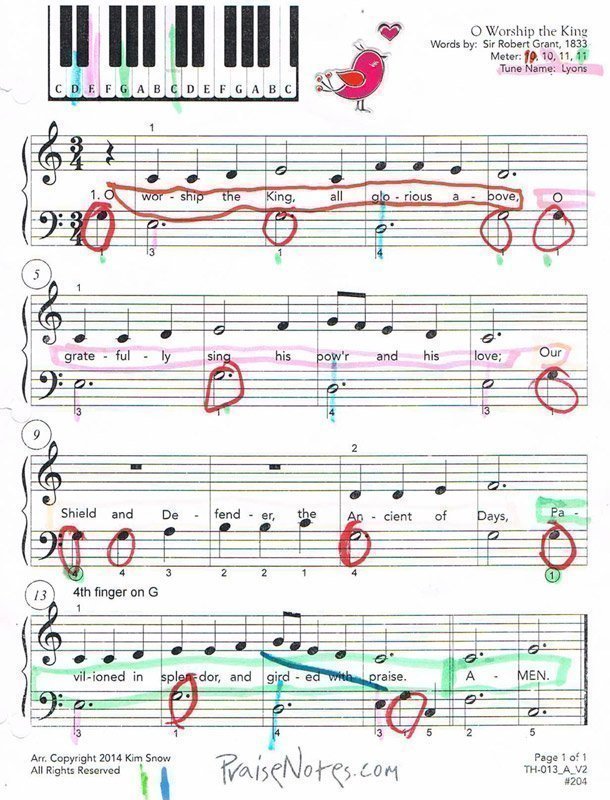Guide Me, O thou Great Jehovah is one of our favorite hymns. It is available as a download on our site. This is a clip from the British TV show “Last choir Standing” with the group Only Men Aloud! singing the the hymn, which is here credited as to the tune name CWM RHONDDA. The Welsh to this day sing Guide Me O Thou Great Jehovah at outdoor sporting events, especially rugby matches.
What We Lost When We Lost Our Hymnals
March 29, 2017 | by Tim Challies
 I don’t think we should go back to using hymnals. But I do think there’s value in considering what we lost when, over the course of a relatively short period of time, we gave up hymnals for PowerPoint projection. Not all of us, mind you, but most of us. It’s worth considering because it helpfully shows what we stand to lose when we switch from one media to another, and especially when we do so quickly and without due consideration.
I don’t think we should go back to using hymnals. But I do think there’s value in considering what we lost when, over the course of a relatively short period of time, we gave up hymnals for PowerPoint projection. Not all of us, mind you, but most of us. It’s worth considering because it helpfully shows what we stand to lose when we switch from one media to another, and especially when we do so quickly and without due consideration.
If we were to go back in time twenty or thirty years, we would find that most churches had hymnals. They had hymnals because it was the best way of providing each member of the congregation with a copy of the songs. You’d hear it in every church: “Take out your hymnal and turn to hymn 154…” And then hymnals went the way of the dodo and we began to look instead to words projected on a screen. Here is some of what we lost along the way.
We lost an established body of songs. Hymnals communicated that a church had an established collection of songs. This, in turn, communicated that its songs were vetted carefully and added to its repertoire only after careful consideration. After all, great songs are not written every day and their worth is proven only over time. Therefore, new hymns would be chosen carefully and added to new editions of the hymnal only occasionally. Churches would update their hymnals, and, therefore, their established body of songs, only once every ten or fifteen years.
Read the rest of the article at Tim Challies’s blog
Risen Today!

Shallow Theology

O the Deep, Deep Love of Jesus

Highlighter Pens
The Teacher’s Tip
Our “Favorite Hymns for Kids” books are meant to be used … And I mean used! By the time a student is done with their books not only are they wrinkled, crumpled and worn, but they are also all marked up. I encourage them to make notes as they practice and sing the hymns.
Student Version of It Is Well With My Soul
“It Is Well With My Soul” is one of the most beloved hymns … including beginner piano students!
Circle of Fifths Worksheet

The Teacher’s Tip
Kids love stickers and date stamps (the above graphic is taken from one of my student’s binders). Each time students play a scale, they choose a sticker and use the date stamp on their Circle of Fifths worksheet.
Musical Theory and Musical Judgment—Both Optional at Harvard
May 8, 2017 | by Joshua Drake
The department of music at Harvard University recently revised its curriculum. Music theory and counterpoint—once the bedrock of the degree—are now optional.
The reasons for this change by Harvard are not complicated, and not surprising. The faculty of music at Harvard feels it can no longer justify the priority long given to traditional Western music theory and history. The change is part of a process now common in departments of music in universities around the country. They adopt new classes like “pop music history” or “rock and roll compositional methods,” and then become uncomfortable with the implications—social, racial, and aesthetic—that come when these new classes are treated as optional while traditional theory and history are required.
The college where I teach has a mission statement that binds faculty to “avoid … educational philosophies that emphasize contemporary perspectives to the neglect of what has proven itself across the ages to be of value for human life.” Because of this, I will probably be spared the obvious complications that come from a curriculum like the one Harvard has adopted. I think, nevertheless, that those complications are worth observing before they arrive. And they are legion.
Read more at The Center for Vision & Values at Grove City College
Music Lessons Were the Best Thing Your Parents Ever Did for You
 Music Lessons Were the Best Thing Your Parents Ever Did for You, According to Science
Music Lessons Were the Best Thing Your Parents Ever Did for You, According to Science
By Tom Barnes | Feb. 17, 2015
If your parents ever submitted you to regular music lessons as a kid, you probably got in a fight with them once or twice about it. Maybe you didn’t want to go; maybe you didn’t like practicing. But we have some bad news: They were right. It turns out that all those endless major scale exercises and repetitions of “Chopsticks” had some incredible effects on our minds.
Psychological studies continue to uncover more and more benefits that music lessons provide to developing minds. One incredibly comprehensive longitudinal study, produced by the German Socio-Economic Panel in 2013, stated the power of music lessons as plain as could be: “Music improves cognitive and non-cognitive skills more than twice as much as sports, theater or dance.” The study found that kids who take music lessons “have better cognitive skills and school grades and are more conscientious, open and ambitious.” And that’s just the beginning.
Read more at Mic.

